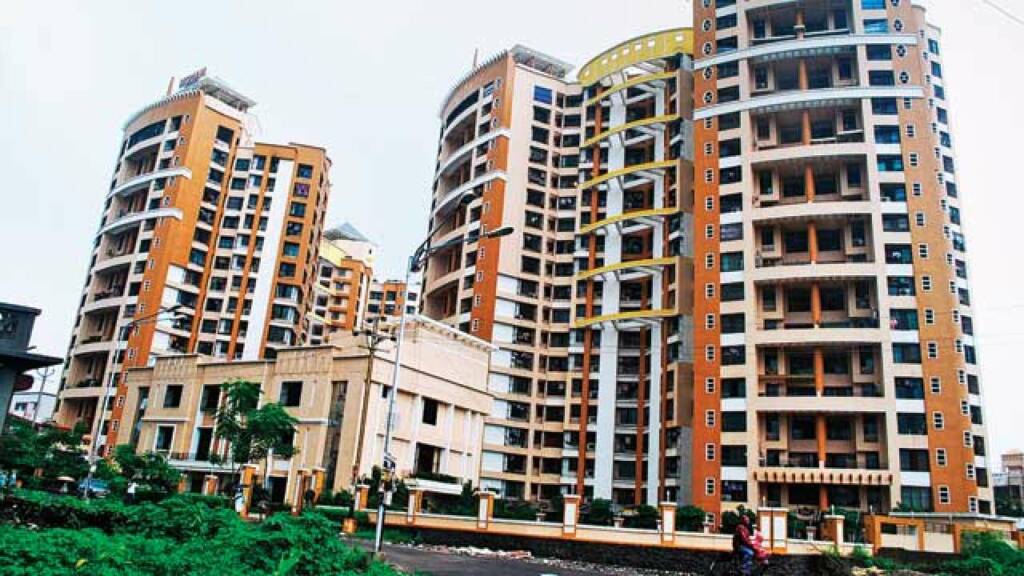In the last few years, there have been many cases in which consumers who have invested their life savings to buy a house but could not get one because the project was stalled in the mid. Every metropolitan city of the country has thousands of such stalled projects which were reaching nowhere because the builder did not have enough money to complete the projects and also, there was very little fresh demand.
In 2019, the Modi government came up with the SWAMIH scheme to finance the completion of stalled projects in order to ensure that the money already invested in the projects is not wasted and the consumers who pumped lifelong savings to purchase a house do not feel cheated. Under the scheme, the government appointed a special purpose vehicle to generate funding (with initial capital provided by the government), and this body managed to raise 3.5 billion dollars so far to finance various stalled projects.
According to Irfan A. Kazi, chief investment officer at SBICAP Ventures Ltd., the government-appointed manager of the stalled projects, the project has been highly successful, especially in the National Capital Region which had a large number of projects which were not being completed due to a lack of financing.
The management unit has 14 investors on board including the Government of India, SBI, LIC, and many other private as well as public ventures. “We have 14 investors, the government has 50% in the fund, Life Insurance Corp. and State Bank of India each have 10% and the rest are other public and private-sector players,” said Kazi.
In the last two years, many projects were completed under the scheme, and in the next financial year, more than 4,000 homes will be awarded under 16 projects. Many of these projects were completed during the Coronavirus period and given the exponential rise in demand in the post-lockdown – because many families which did not lose the source of income saved a lot of money due to cut in expenditure – these houses are being purchased by a large number of people.
Moreover, the government-appointed venture has especially focused on affordable housing projects for completion and many of these houses qualify for the subsidy under the Pradhan Mantri Awas Yojna (Urban). Therefore, these projects have become lucrative not only for the people who already have given some money to builders but also to new homebuyers who are looking to purchase new houses with help of savings during the lockdown.
Homebuyers in many newly built cities like Noida, Greater Noida, and Gurgaon, Navi Mumbai have faced tremendous hardship because the then existing laws (before RERA) were tilted towards the builder rather than the homebuyer. They paid in advance to the builders to buy their dream homes because builders promised that they will give possession within months.
Everyone wants to have their own home but in a hurry to fulfil their dreams for a good home and anticipation of prices sky-rocketing in time, people readily paid the builders without evaluating the project closely. After receiving the money, builders delay possession of flats for years until they go bankrupt and homebuyers face severe hardships in the hope of recovering their hard-earned money.
Jaypee Group did not hand over possession to the apartments for many years as work was still incomplete. The people suffered and there was no strong law to punish the builders, despite there being many cases of Dharna, hartals, and even suicides by people as they did not have a home even after paying the full amount.
With the government financing of the stalled projects, not only the people who have already paid some amount for houses will get it, but many new buyers would be able to purchase homes at affordable prices.
